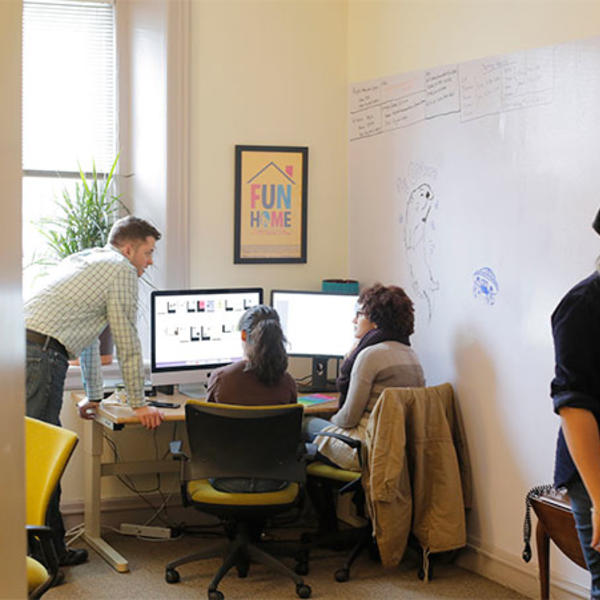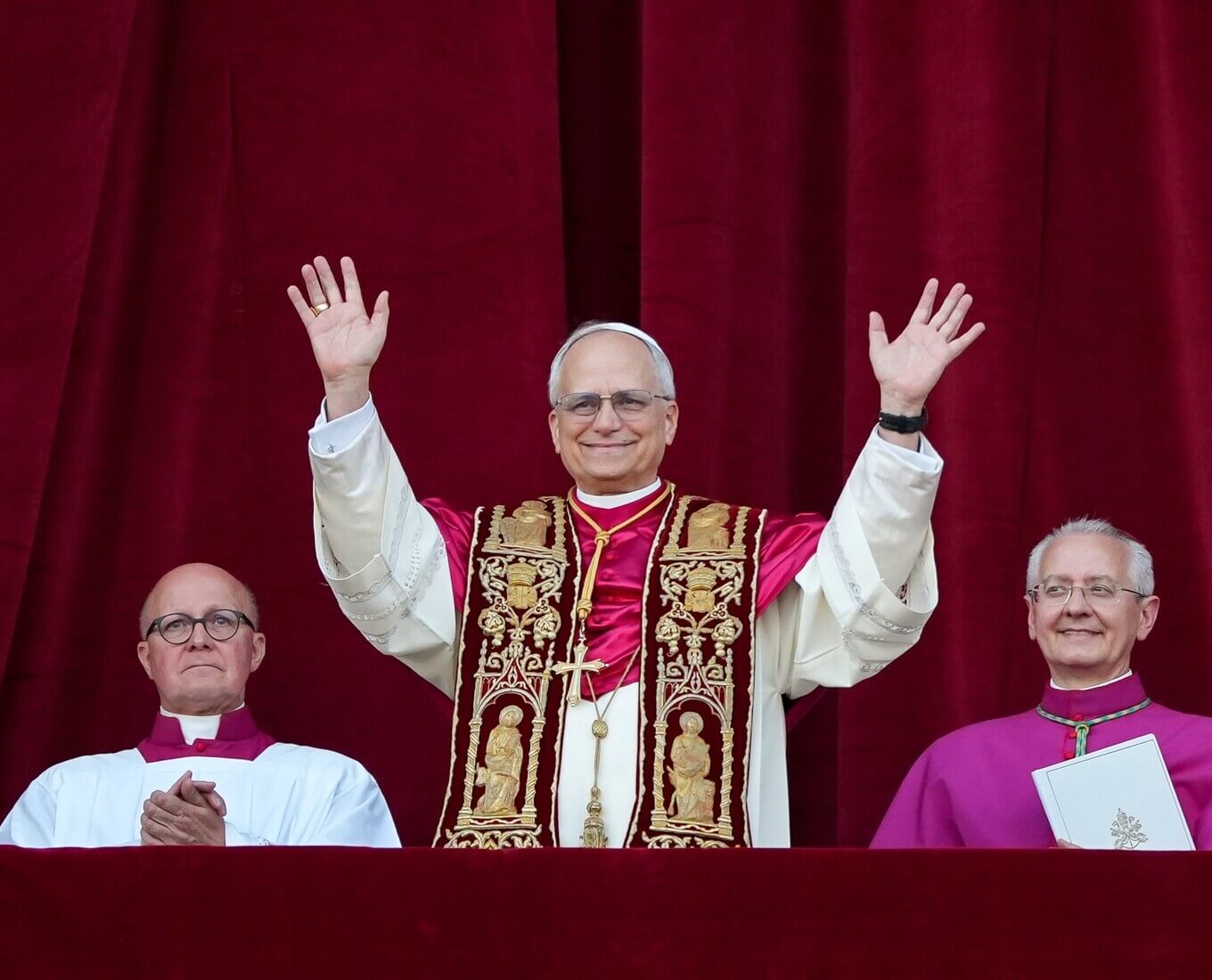K.J. Rawson, assistant professor of English at the College of the Holy Cross, recently launched the world’s first Digital Transgender Archive (DTA), a collection of transgender-related historical materials. Rawson’s project was recognized in 2013-14 with funding from the American Council of Learned Societies Digital Innovation Fellowship, awarded each year to a handful of academics to advance digital humanistic scholarship.
The DTA is designed to increase the accessibility of transgender history by providing an online hub for digitized historical materials, born-digital materials, and information on archival holdings throughout the world.
Today, with both new scholarship emerging in the academy and more focused attention on current topics related to transgender people, the launch of the DTA is timely. Rawson says the DTA provides dramatically improved access to transgender history. “We collect materials from all over the world that were created prior to the year 2000,” explains Rawson. He says the collection includes books, oral histories, personal papers, organizational records, serials, photography, ephemera, and more. The website is freely available for students, academic researchers, and the general public.
By documenting primary source facts and experiences of individuals, the launch of the collection also supports efforts for social justice for transgender people and communities. “As our mission statement successfully captures,” Rawson says, “Holy Cross encourages every member of our community to be passionate about truth, promote social justice and foster dialog in order to more deeply understand and respect diverse experiences. The DTA will further these qualities by counteracting negative and hurtful stereotypes of transgender people with more truthful and historically informed representations.”
In the past two years, 15 Holy Cross students have worked as research assistants with the DTA, collaborating on the process of digitizing, recording, and entering historical materials into the database. Processing materials requires students to read and analyze individual artifacts to develop subject terms, compose abstracts, and provide any additional relevant information.
In addition to gaining critical experience in the hands-on work of building an archive, Rawson says it has been a transformative experience for many students. One recent graduate is considering a career in library science; another is pursuing transgender-related social justice work.
“I decided to get involved in the DTA initially because I was interested in the content,” says Victoria Mousley ’17, a psychology major, and the DTA’s lab supervisor last fall. “I wanted to help bring trans-history into the Holy Cross community, and I respected Professor Rawson's research efforts. As I became more involved, I realized just how important the project is to the preservation of the community’s history.”
The lab where the students work collaboratively on teams has become not only a site of energetic intellectual learning, but also a social space and source of community support. Catarina-Oliva Beal ’18, an English and sociology major with a concentration in creative writing, worked on a team with three other research assistants, and says the DTA lab is a welcoming and fun place to be. “The teams bonded quickly and developed their own personalities,” says Beal. “My team started the project with no context for the files; all we had was this manila envelope with ‘Merissa’s Documents’ written on the front. We spent a lot of time trying to piece together how all the documents fit together and told a story. It felt like detective work.”
The collection is built by more than 20 different archives and organizations from around the world. Eight are universities including, Harvard University’s Schlesinger Library, Cornell University, Duke University, the University of Victoria, and the University of Michigan.
The global scope of the project has inspired Keith Plummer ’17, a double major in sociology and gender, sexuality, and women's studies. Currently studying abroad at the University of Oxford, Plummer is working on developing a summer research proposal to support the DTA. “One of the goals of my project would be to diversify the holdings of the DTA by possibly forging partnerships with archives in London or digitizing materials on site at other locations.”
Media Coverage
- AHA Today, Aug. 29: Trans-ing History on the Web: The Digital Transgender Archive
- Open Culture, Aug. 3: The Digital Transgender Archive Features Books, Magazines & Photos Telling the History of Transgender Culture
- Boston Globe, May 29: Filed under ‘trans’ — or not
- The Conversation, May 27: What’s in a Word? The challenges of ‘transgender’
- WBUR, May 17: Why It’s ‘Transgender’ Not ‘Transgendered’
- Chicago Tribune, May 10: The speedy evolution of the term transgender
- Chronicle of Higher Education, May 8: A Gap in the Archives
- WAMC Northeast Public Radio, April 3: Holy Cross English Prof. Explores Benefits of a Digital Transgender Archive
- Advocate, Mar. 21: This Trans Woman Dared to Be Herself in 1960s America
- Telegram & Gazette: Feb. 13: First online transgender history archive taking shape at Holy Cross
- Boston Globe, Feb. 12: Digital transgender archive launches at Holy Cross



